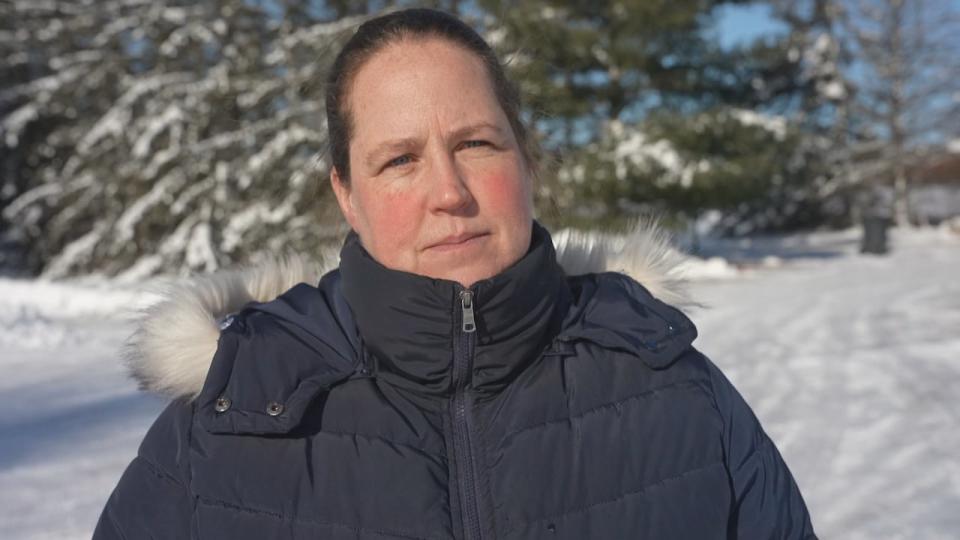Western Quebec township backs 'resistance' to mineral exploration on its land

A township in western Quebec is taking steps to prevent mineral exploration on its lands amid a big increase in recent claims in the Outaouais.
At a meeting earlier this month, councillors for the Township of Low voted 5-1 in favour of supporting its population "in its resistance to mining development," according to the resolution.
Low is located about 60 kilometres northwest of Ottawa. There's currently "a proliferation of mining claims on private land as well as on public land," according to the council.
The Jan. 8 resolution specifically called on the township to work through the MRC Vallée-de-la-Gatineau, the regional municipality, to tell the province that the township's urban borders, recreational lands, wildlife habitats, lakes and watercourses "must be clearly identified" as territoire incompatible avec l'activité minière (TIAM), or territory incompatible with mining activity.
A municipality can ask the province to grant a TIAM — which would exempt land from mineral exploration — if it believes mining activity could threaten an area of historical or cultural significance, interrupt existing economic activity, or infringe on densely populated areas.
In addition to that resolution, the municipality is working to form an "ad-hoc committee that can work with other organizations to begin the process, learn what we can learn, and then ultimately protect our environment," Coun. Maureen Rice told Radio-Canada.

Maureen Rice is one of five councillors who voted recently in favour of protecting local lands from future mineral exploration. (Nelly Arberola/Radio-Canada)
Landowners must consent to exploration
Walter Brownrigg, a Low landowner and entrepreneur, said the potential for local claims worries him. He has a small farm and a pond which he stocks with fish.
"Maybe [the mining companies] will never come, but maybe they will," he told Radio-Canada.
In Quebec as in other jurisdictions, the province owns the subsurface and controls exploration rights to it, even beneath private property.
For less than $75, anyone can stake a claim, typically 50 hectares in area, using an online registry administered by Quebec's Ministry of Natural Resources and Forests.
Once a claim has been staked, the holder has exclusive exploration rights there for three years, with an option to renew.
Still, the landowner must consent to any exploration, said Chantal Lamarche, warden for the MRC Vallée-de-la-Gatineau.
But Quebec's free-mining approach, coupled with the urgent demand for raw materials such as graphite and phosphate used in the production of EV batteries, has helped spark what observers are calling a boom in exploration claims in the province.
Farmer Ellen Rice-Hogan lives in Venosta, a hamlet within the township. She learned last November that a company had acquired a claim under her land.
"I'm a little scared. We don't know what to do," she told Radio-Canada.
Mining companies respond to concerns
Several companies already hold numerous mining exploration titles in the Low area, according to township council.
One of them, Brunswick Exploration, said in a statement that very few exploration titles are ever actually developed.
According to a coalition of mining industry watchdogs, there are currently 338,000 active claims across Quebec.
But according to the ministry, in 2022 only 14 per cent of claims proceeded to the exploration stage.
Another mining company with claims in the Low area, Lomiko Metal, referred questions to the Quebec Mineral Exploration Association.


